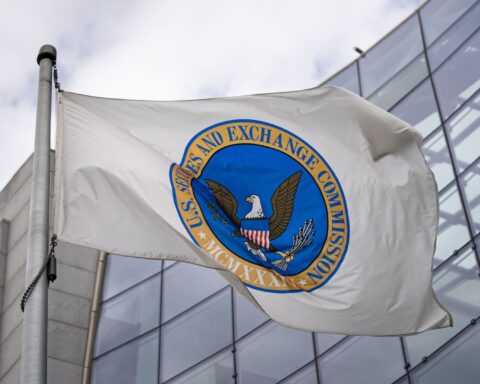DZ Bank, Germany’s third-largest bank in terms of assets, has ventured into the world of digital assets custody with its newly launched blockchain-based platform.
This announcement, made on November 2, outlines the platform’s focus on serving institutional clients and providing them access to crypto securities, including the Siemens crypto bond, which DZ Bank had subscribed to half a year earlier.
Holger Meffert, the head of securities services and digital custody at DZ Bank, expressed the institution’s keen interest in distributed ledger technology (DLT).
He emphasized his belief that a significant portion of capital market operations would transition to DLT-based infrastructures within the next decade.
In the short term, they see DLT as a complementary technology to the existing infrastructure in the capital market.
DZ Bank is not stopping at crypto securities; it also aims to enable both institutional investors and private customers to purchase cryptocurrencies, specifically mentioning Bitcoin, in the near future.
To realize this ambition, the bank submitted an application for a crypto custody license to the German Federal Financial Supervisory Authority (BaFin) in June 2023.
READ MORE: Fraud Trial for $116 Million Mango Markets Exploiter Delayed Until April 2023
This move by DZ Bank aligns with the broader trend of German banks embracing cryptocurrency despite the country’s strict regulatory environment.
The cryptocurrency industry is witnessing a growing number of institutions seeking ways to provide customers with access to digital assets.
In March 2023, Deutsche WertpapierServiceBank made a significant stride by introducing its wpNex crypto trading platform.
This platform grants access to the digital asset industry for 1,200 banks and savings banks across Germany.
DWS, an asset management group primarily owned by Deutsche Bank, also joined the cryptocurrency wave by announcing its work on exchange-traded products related to cryptocurrencies in the European market.
Furthermore, they are developing other digital solutions to offer investors access to blockchain applications and digital assets.
Commerzbank and DekaBank, two other traditional banks, are also in pursuit of crypto custody licenses from Germany’s financial regulatory authority, BaFin.
These developments collectively indicate a growing acceptance and integration of cryptocurrencies and blockchain technology within the German banking sector.
Discover the Crypto Intelligence Blockchain Council




